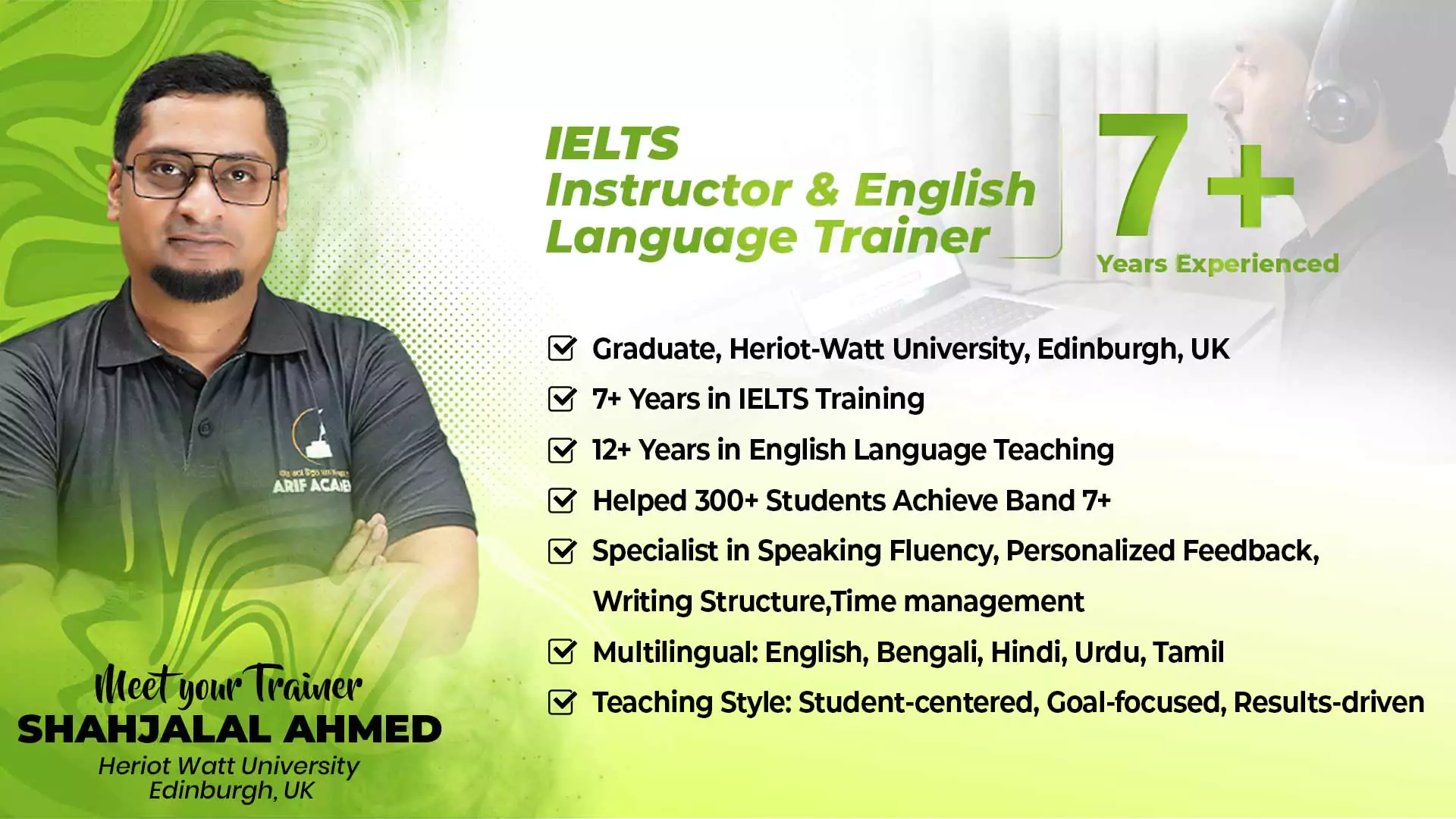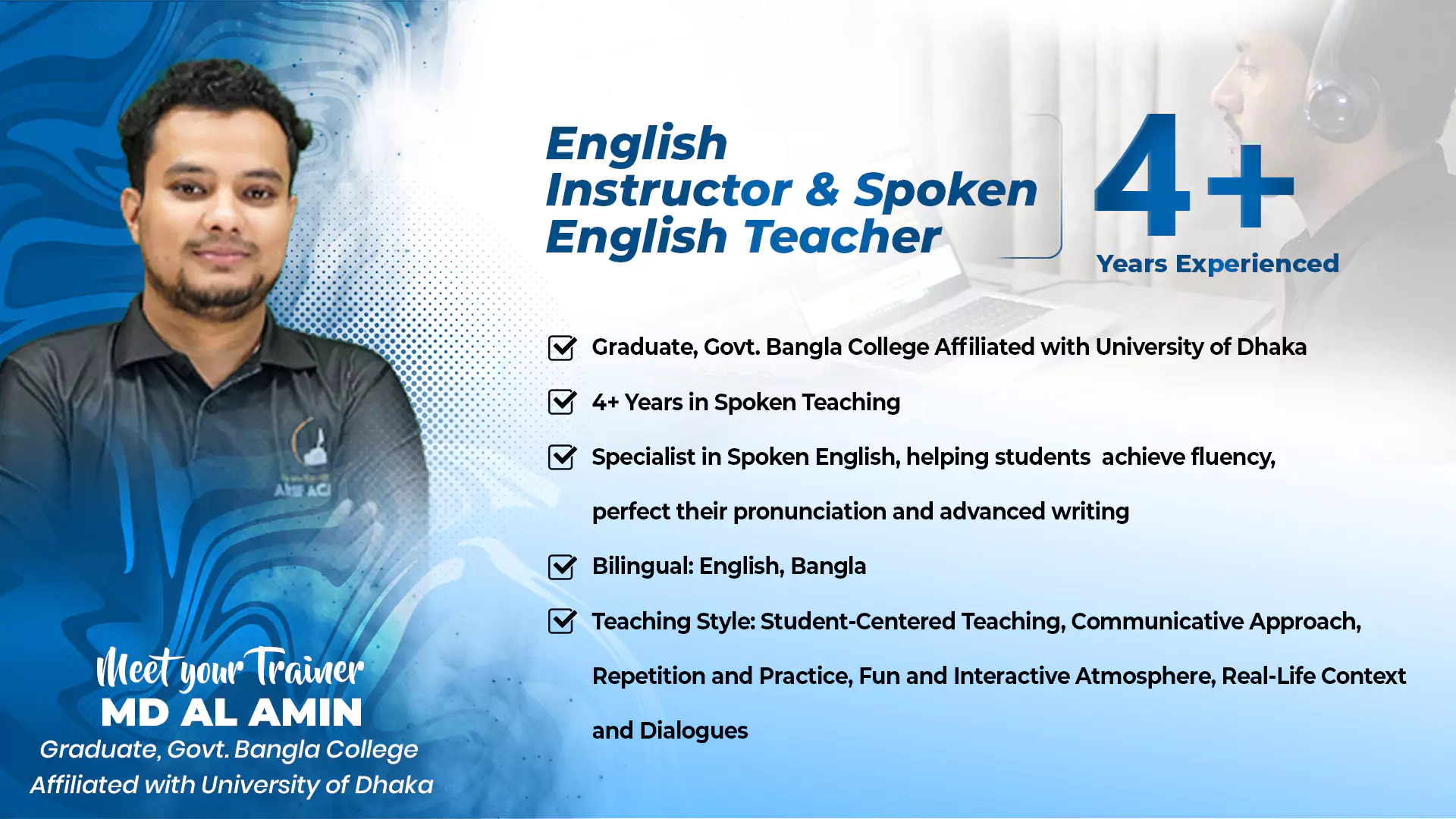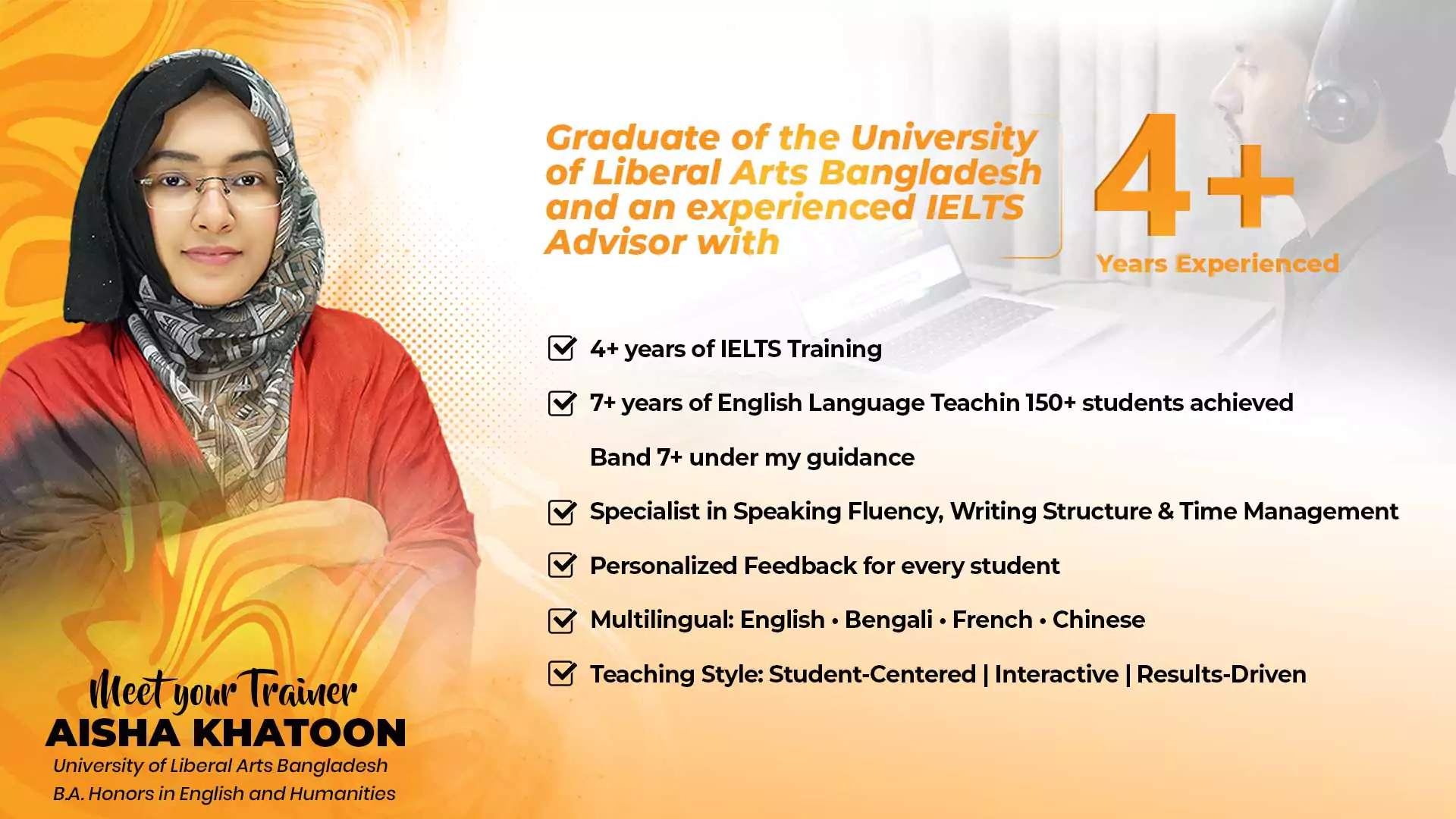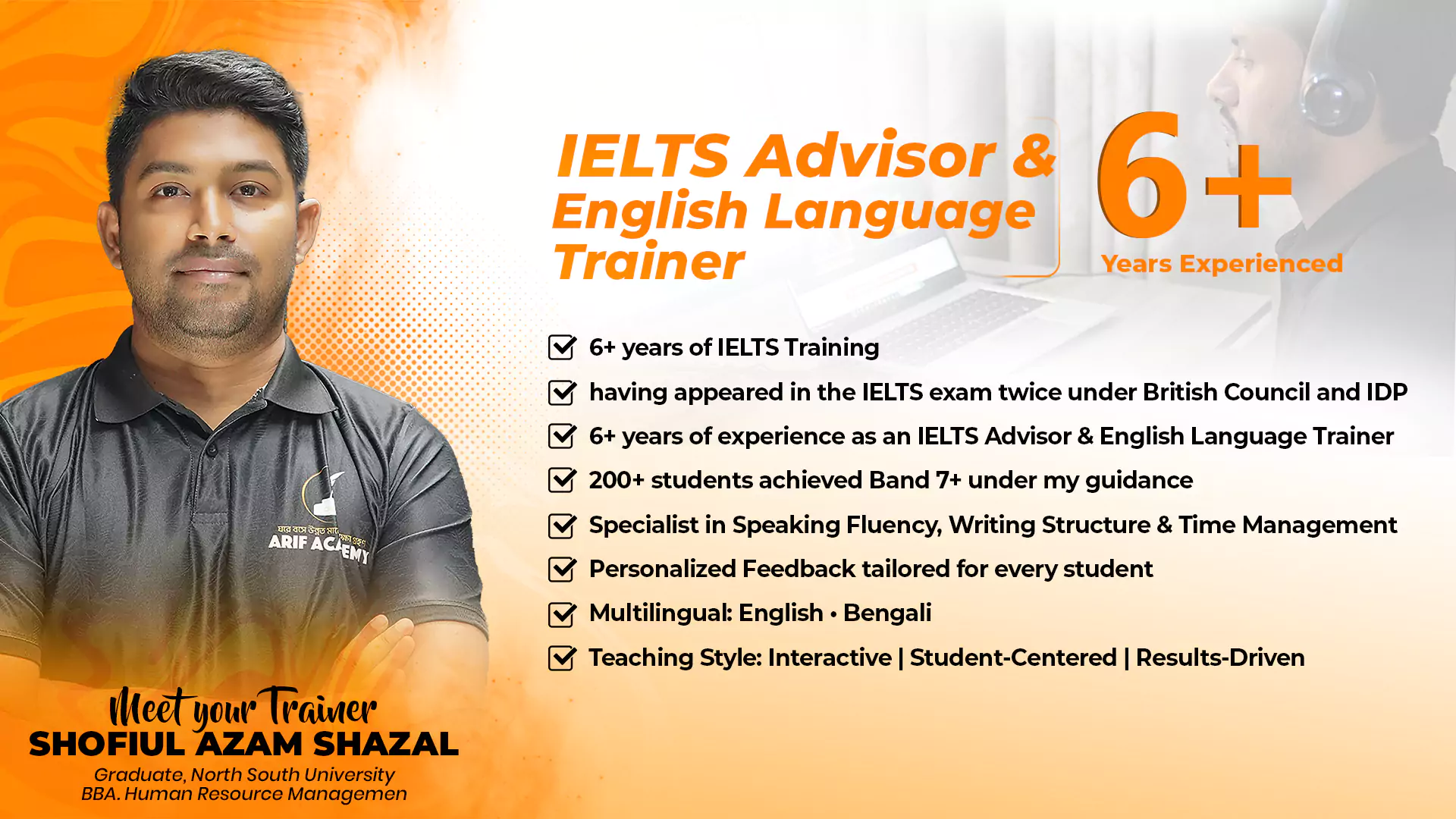IELTS Reading Tips for Effective Preparation
To succeed in the IELTS Reading test, start by understanding the question types and test format. Practice skimming for the main idea and scanning for specific details. Improve your vocabulary and learn how words are paraphrased in questions. Manage your time wisely—spend no more than 20 minutes per passage. Focus on accuracy first, then build speed. Familiarize yourself with different question types like True/False/Not Given and Matching Headings. Read a variety of English texts regularly to strengthen comprehension. Finally, review your mistakes and take official practice tests to track your progress and build confidence under exam conditions.
🔍 1. Understand the Test Format
- 3 passages, 40 questions total.
- Types of questions include: multiple choice, matching headings, sentence completion, True/False/Not Given, etc.
- You have 60 minutes – no extra time to transfer answers.
📖 2. Improve Your Reading Skills (Not Just Practice Tests)
- Read a variety of materials: newspapers (e.g., The Guardian), magazines (National Geographic), academic journals, blogs, etc.
- Focus on skimming (for the general idea) and scanning (for specific information).
⏳ 3. Practice Time Management
- Spend no more than 20 minutes per passage.
- Don’t dwell too long on difficult questions – move on and return if time allows.
🧠 4. Develop Vocabulary & Paraphrasing
- Learn synonyms and common academic phrases.
- Understand how ideas are paraphrased – this is crucial for matching and T/F/NG questions.
❓ 5. Master Different Question Types
Each type needs a unique approach:
- True/False/Not Given: Focus on factual accuracy. Don’t infer too much.
- Matching Headings: Skim for main ideas, not details.
- Summary Completion: Find exact or paraphrased words from the passage.
📝 6. Practice Without Looking at the Clock (Then With It)
- First, build accuracy without the pressure of time.
- Then gradually introduce timing to simulate exam conditions.
📂 7. Build a Mistake Log
- Track errors and analyze why you got a question wrong.
- Identify patterns (e.g., misreading T/F/NG, not understanding paraphrased terms).
🧩 8. Learn to Predict
- Before reading the options, try to guess the answer when possible. This works well with sentence or summary completion.
📚 9. Use Official IELTS Practice Materials
- Cambridge IELTS books (1–18)
- IELTS.org sample questions
- British Council and IDP websites
✅ 10. Answer Every Question
- No penalty for wrong answers.
- Always guess if you’re unsure.






